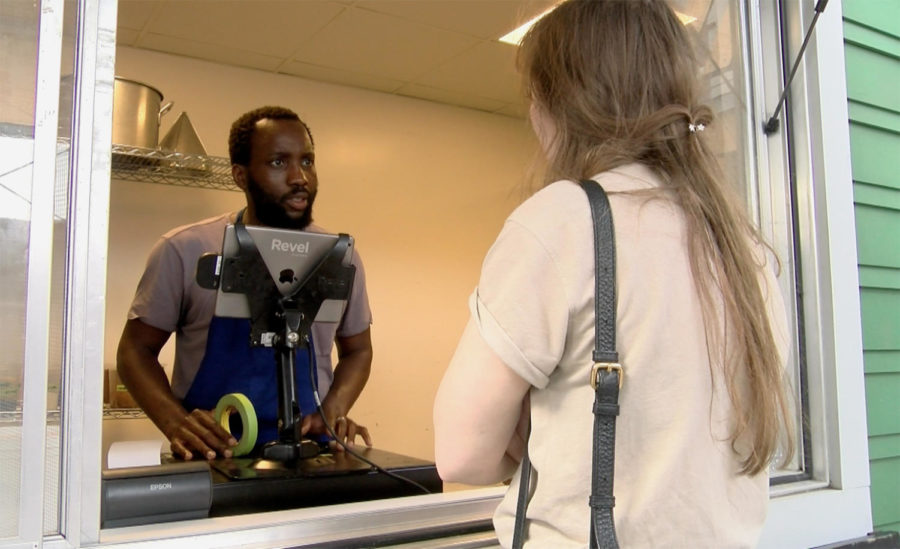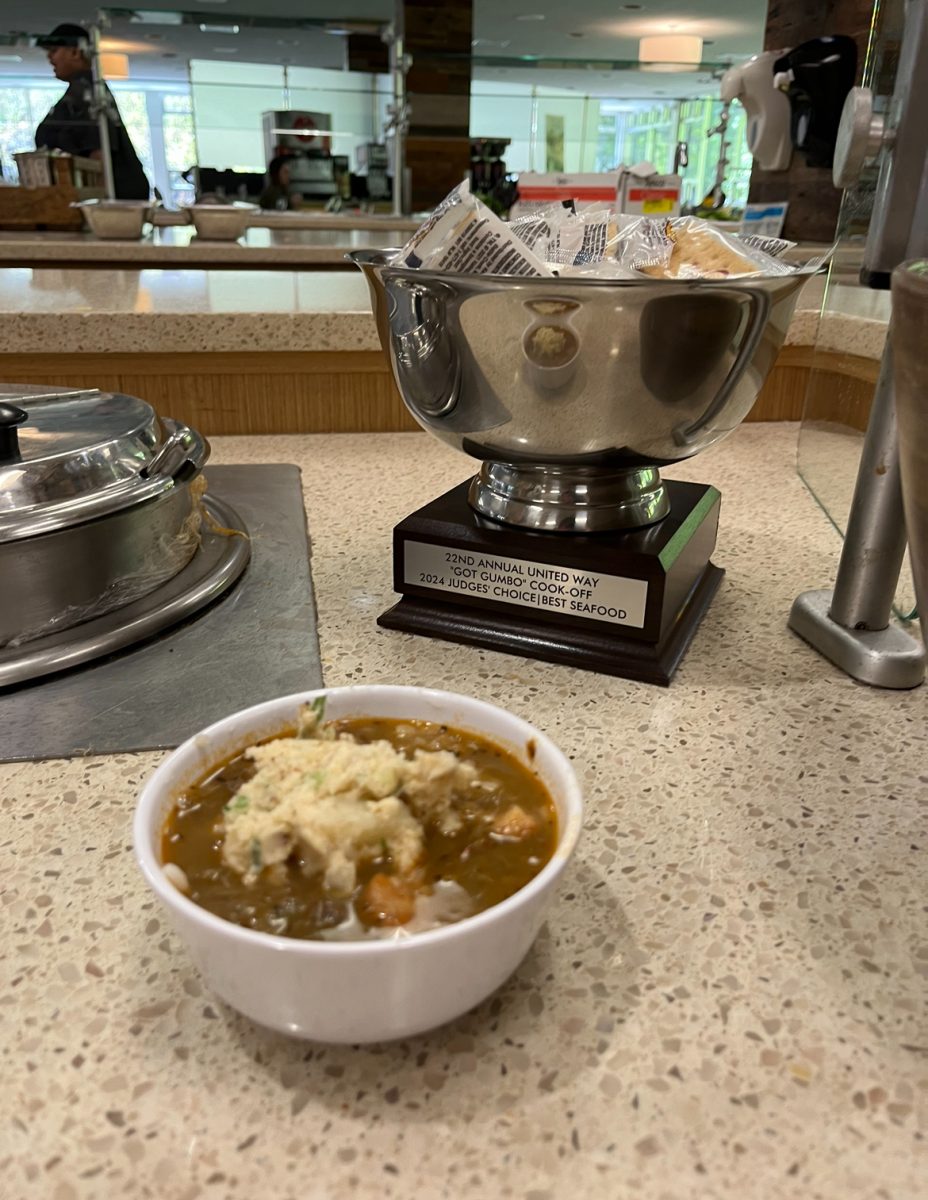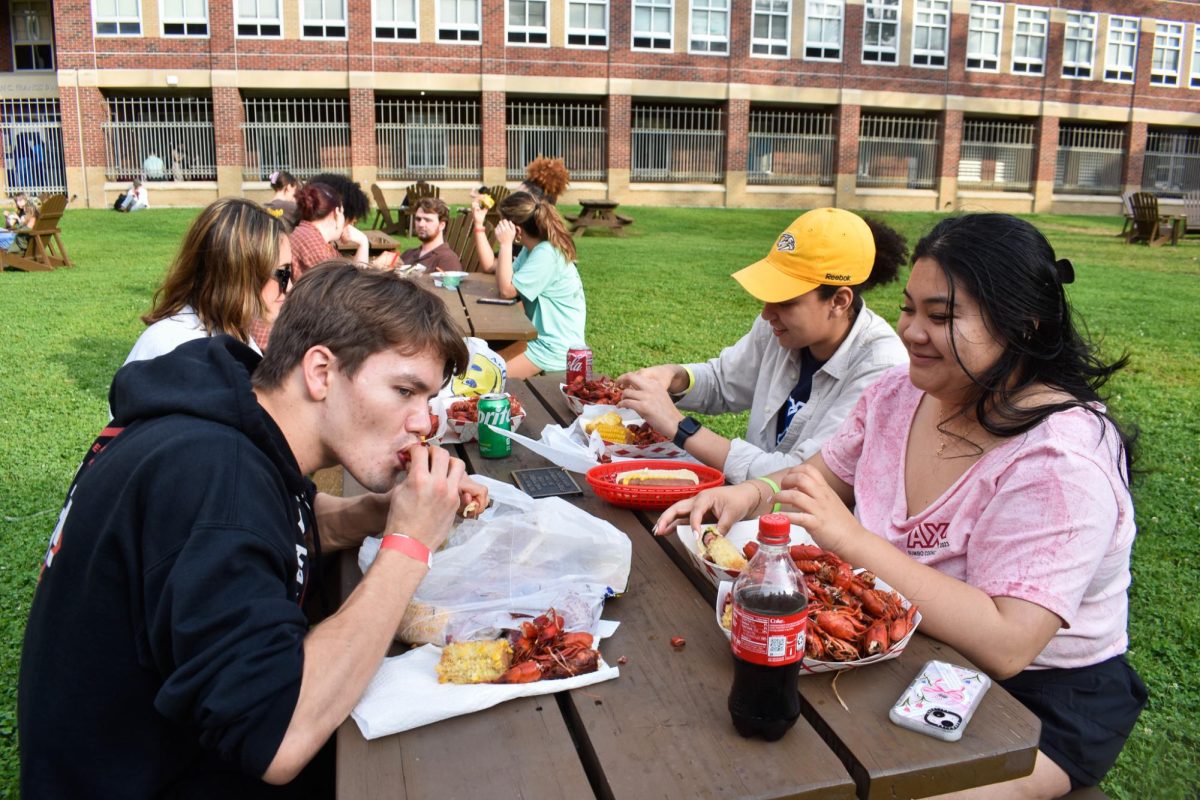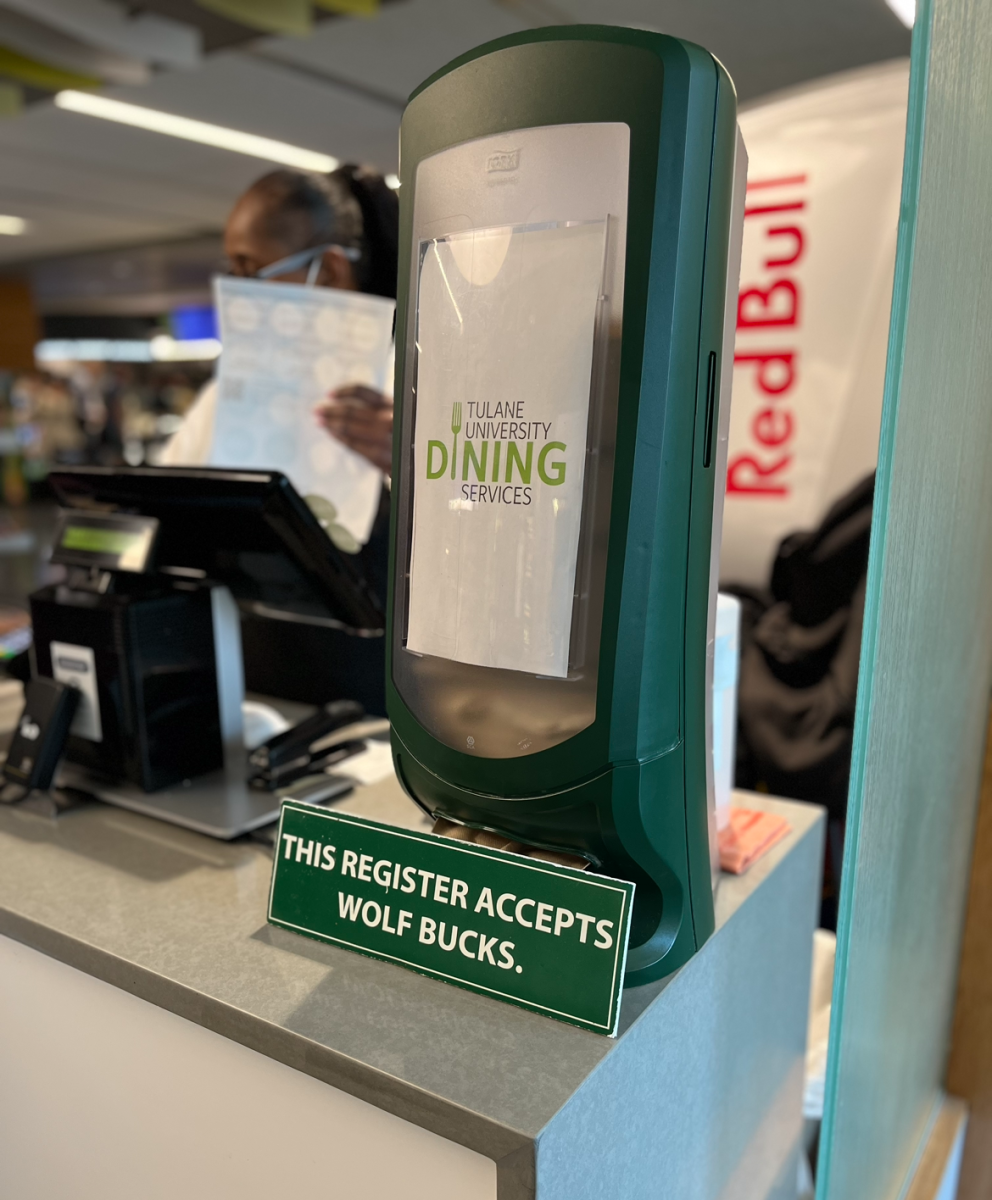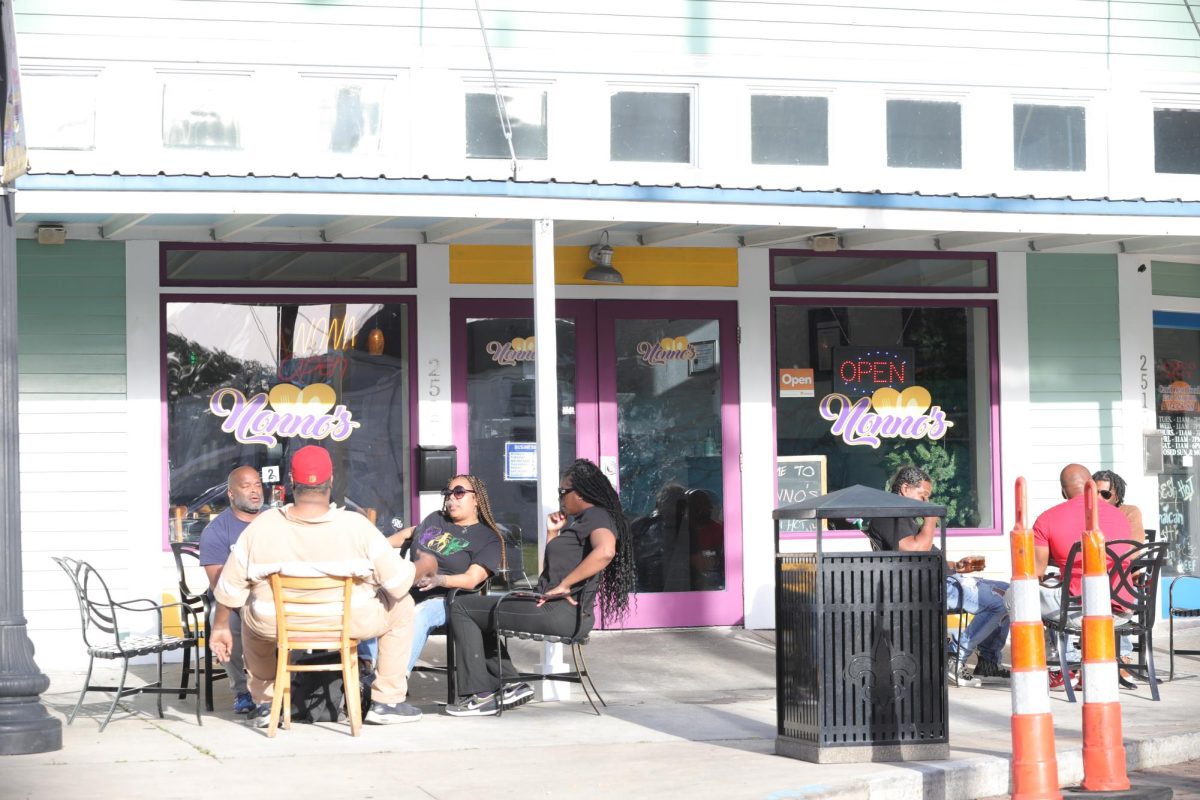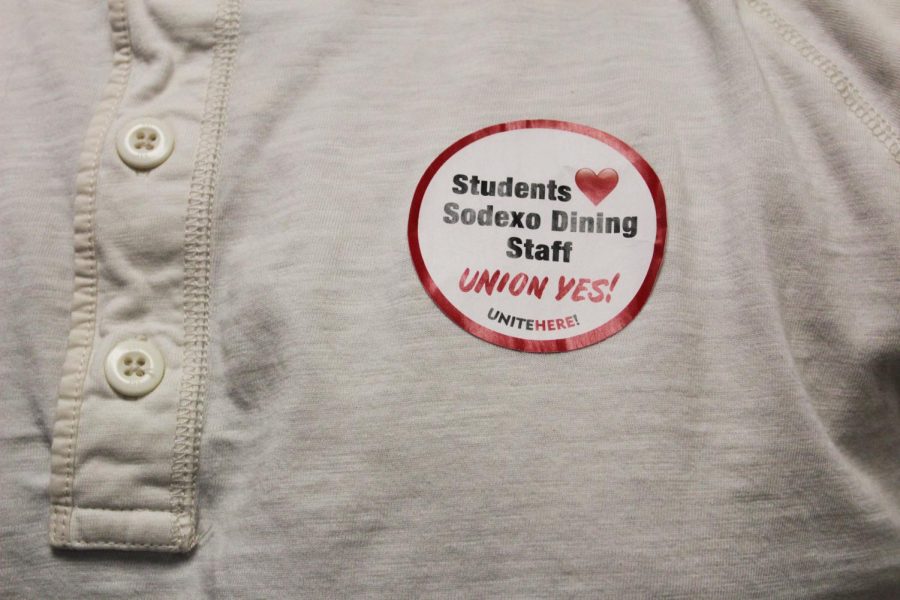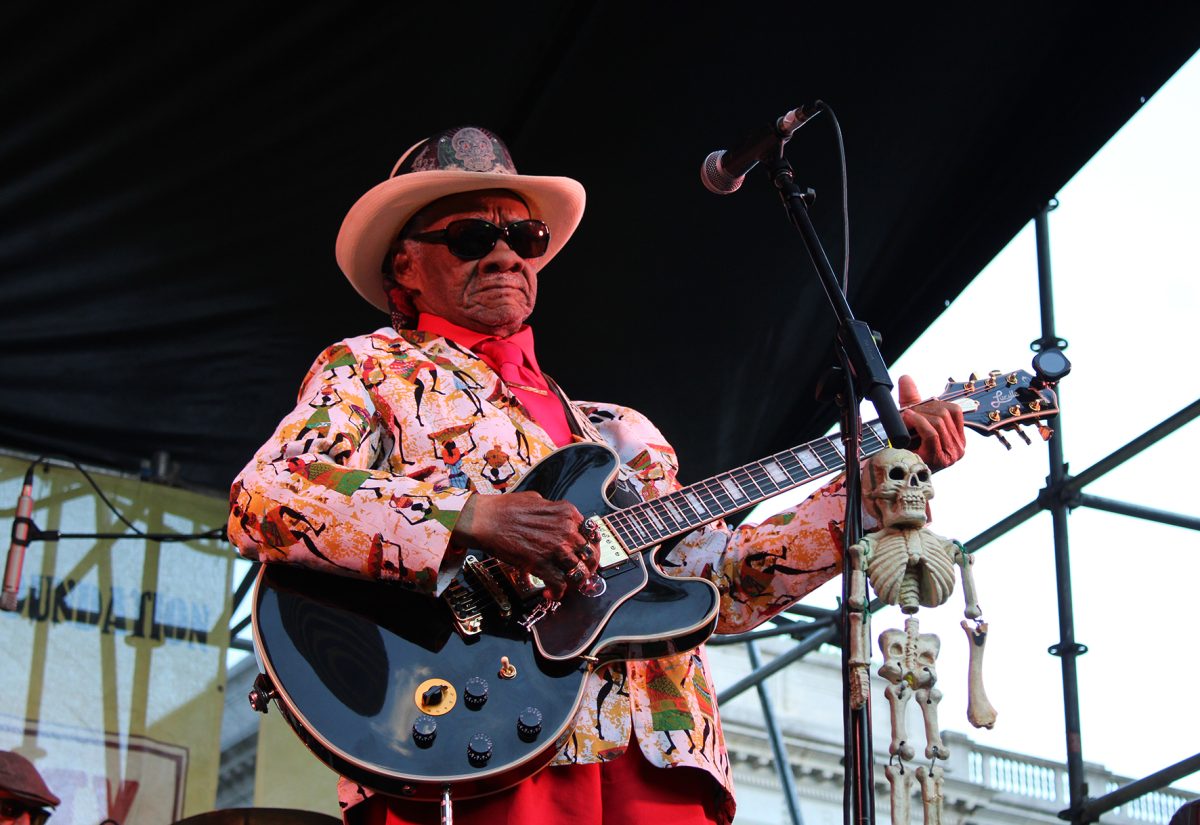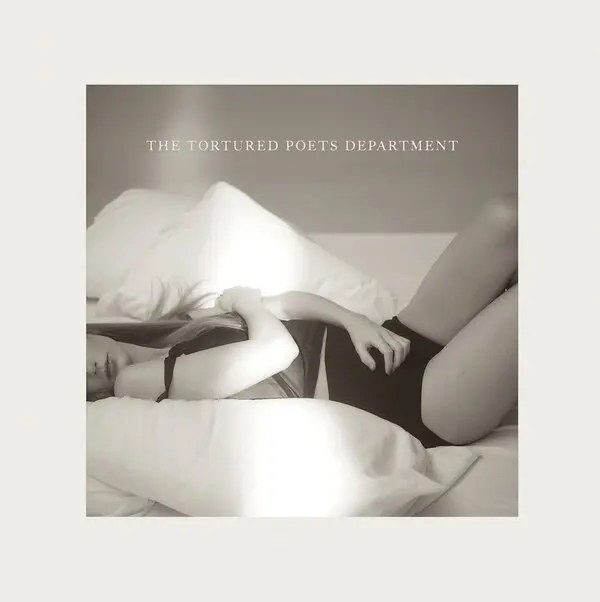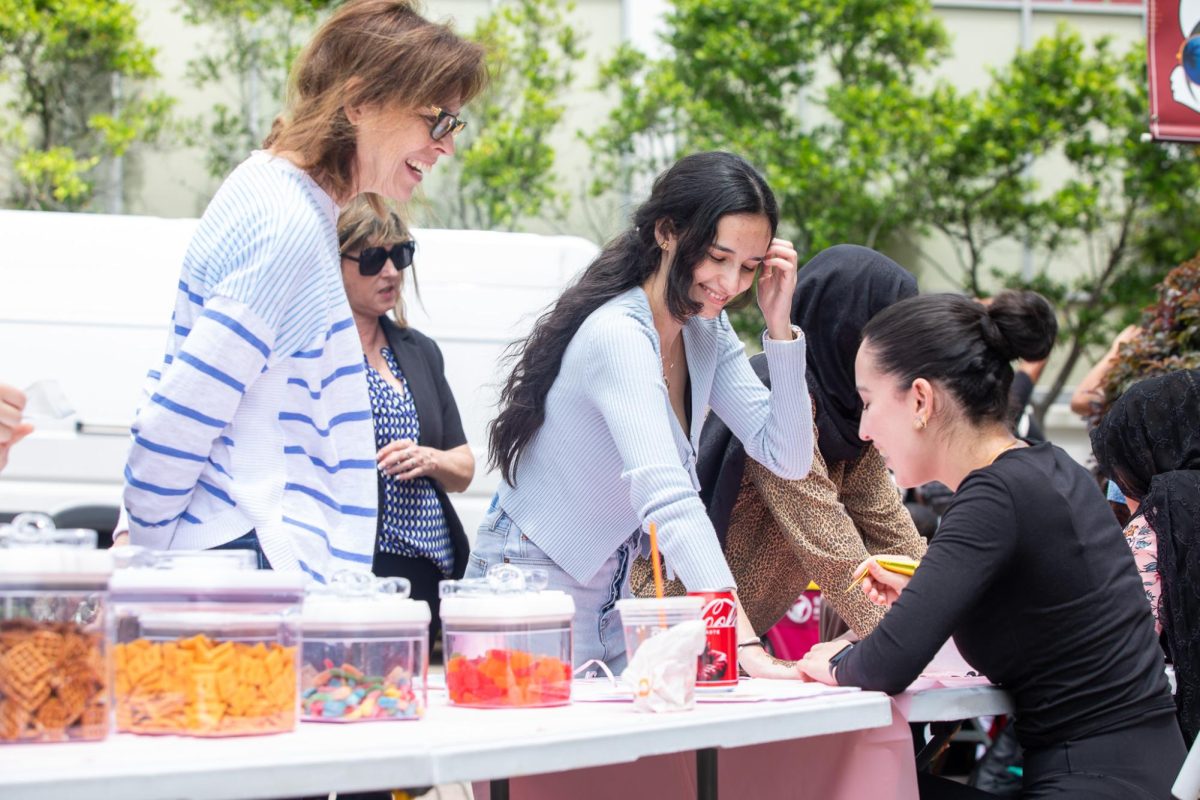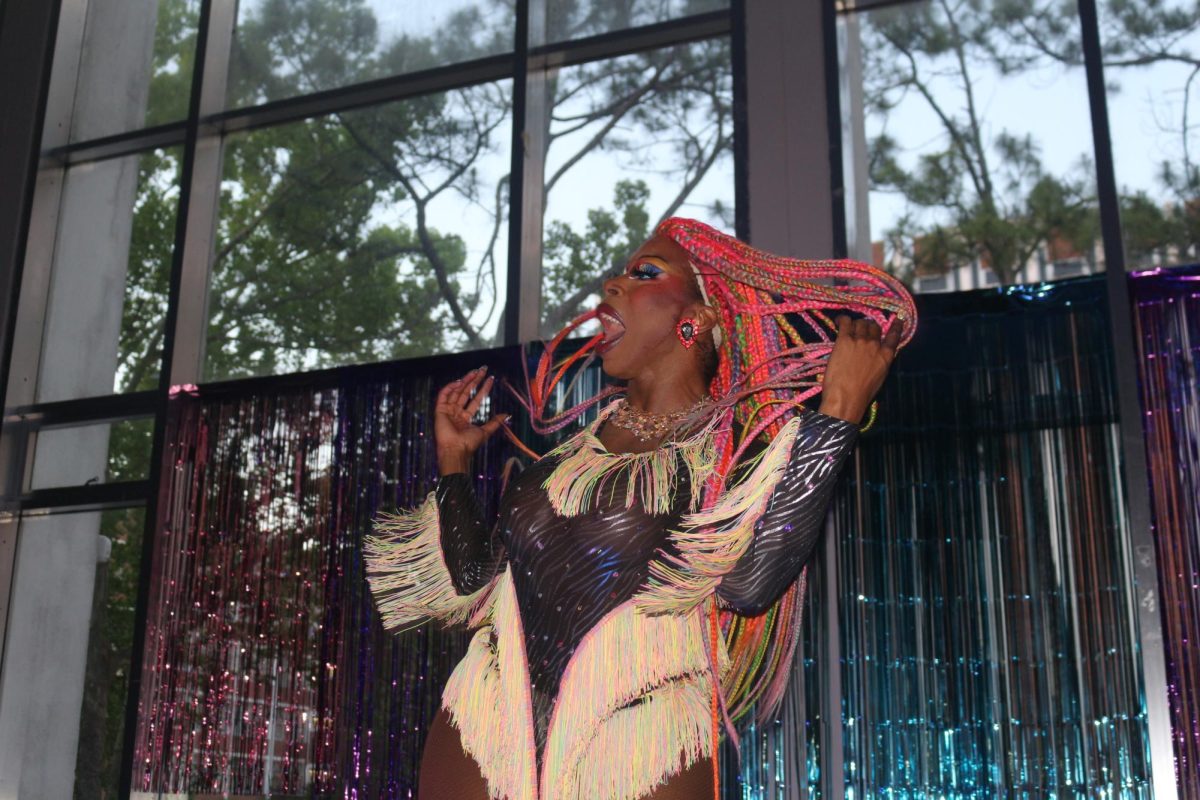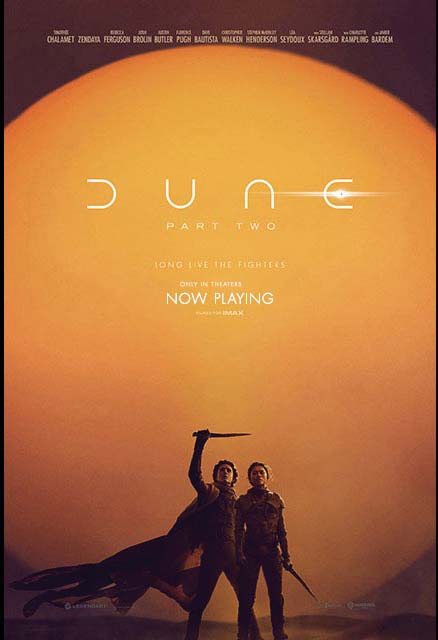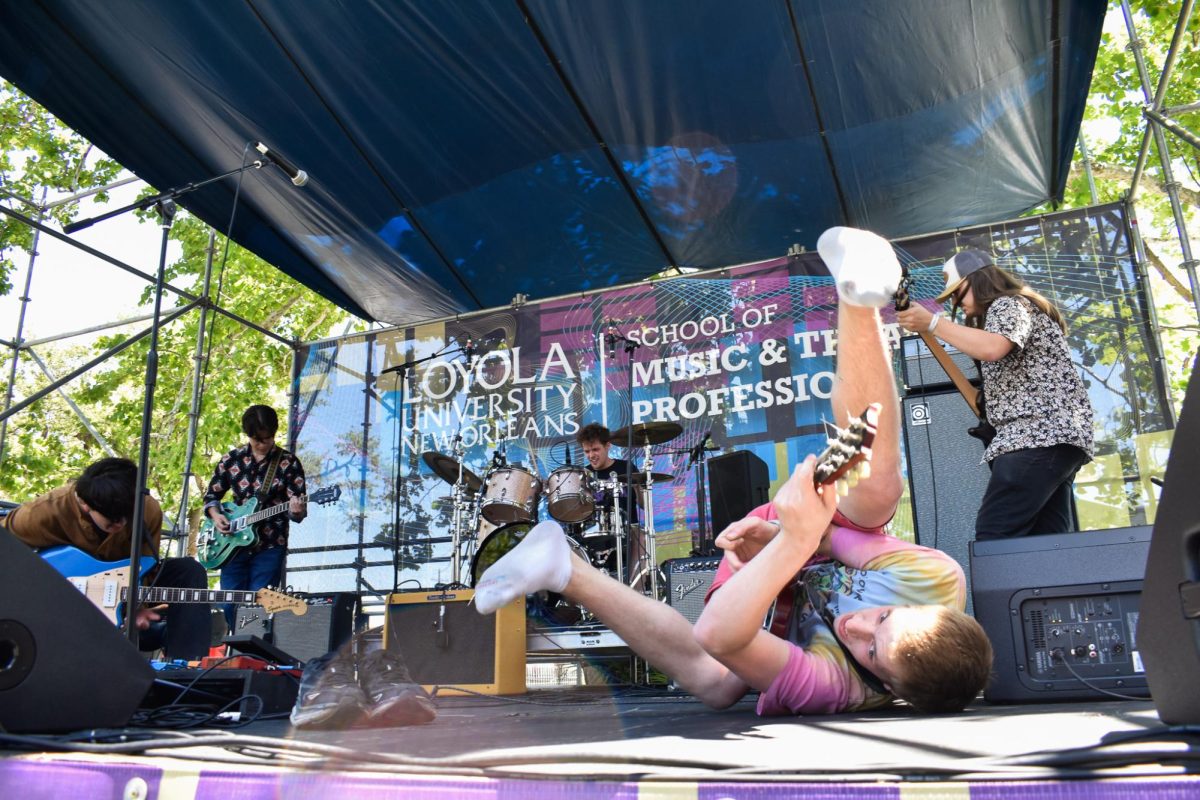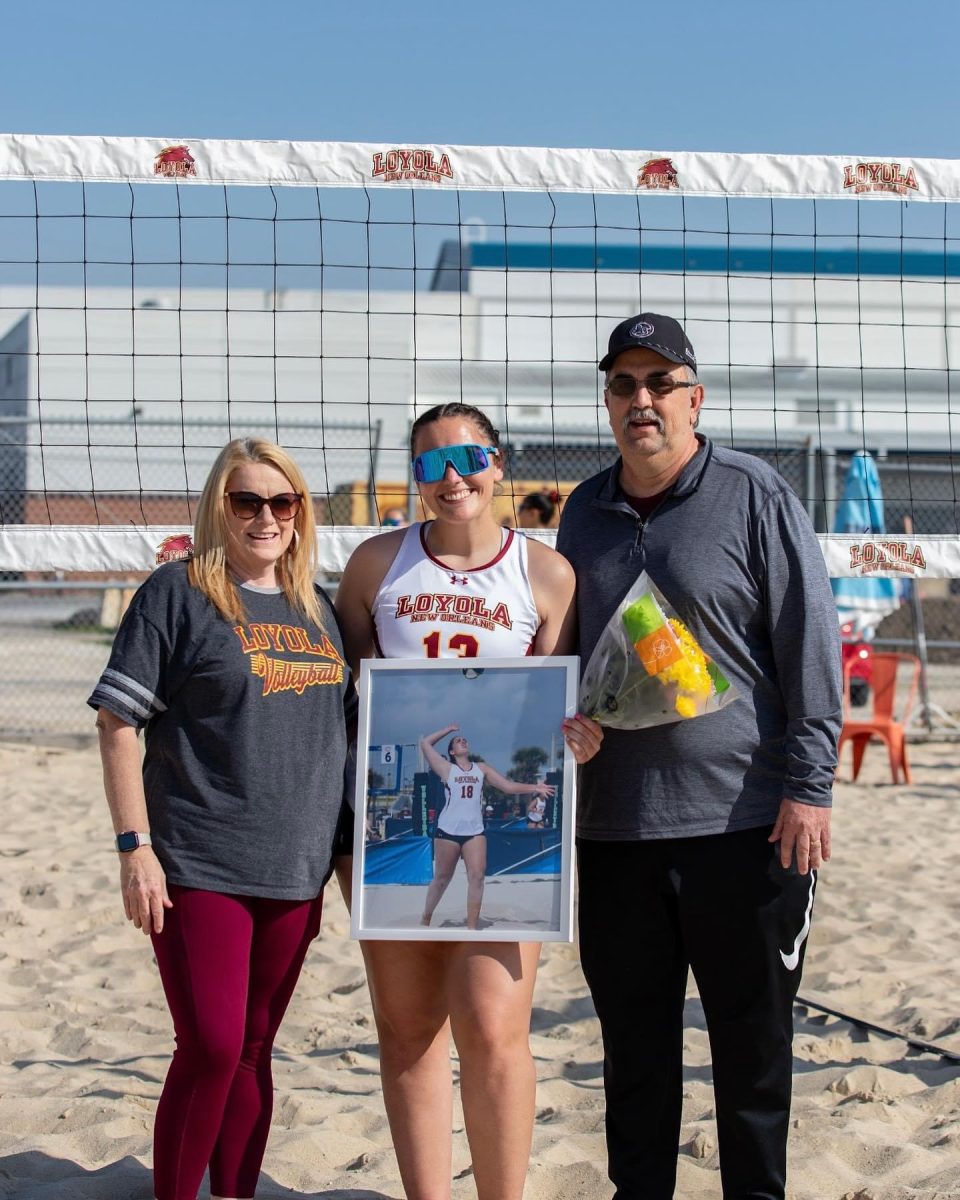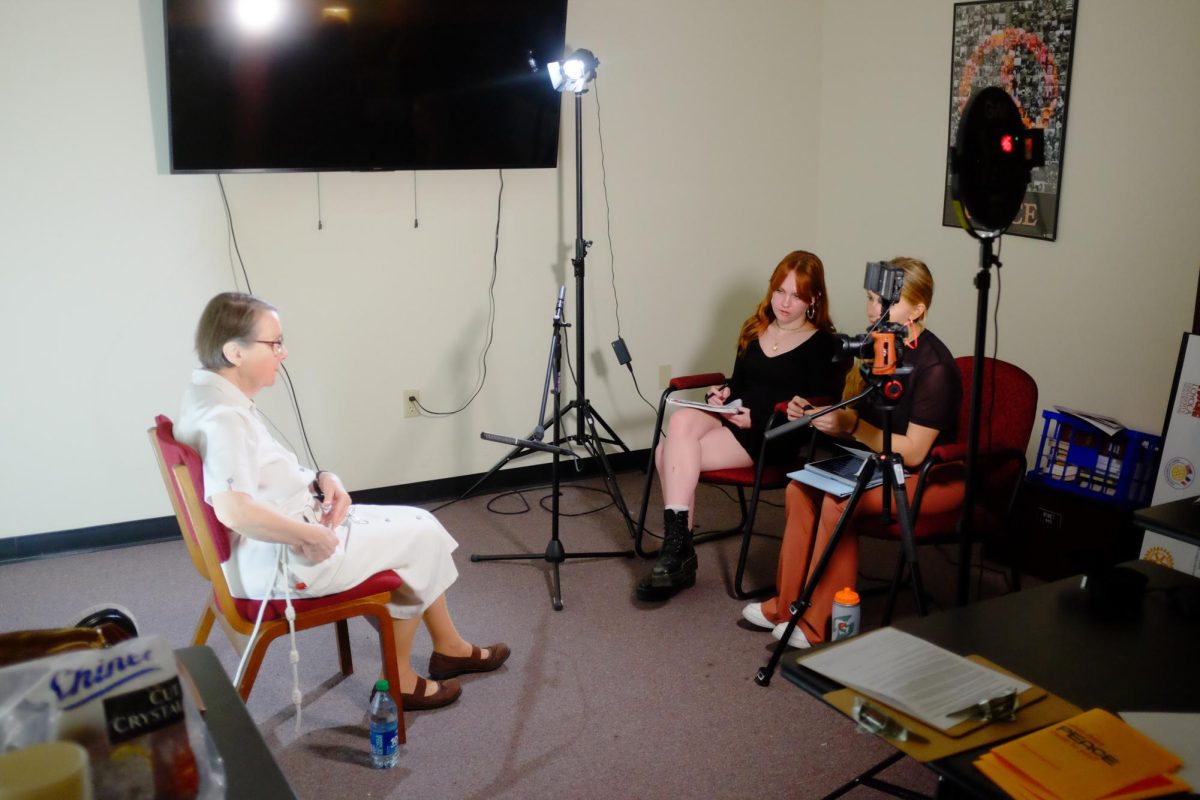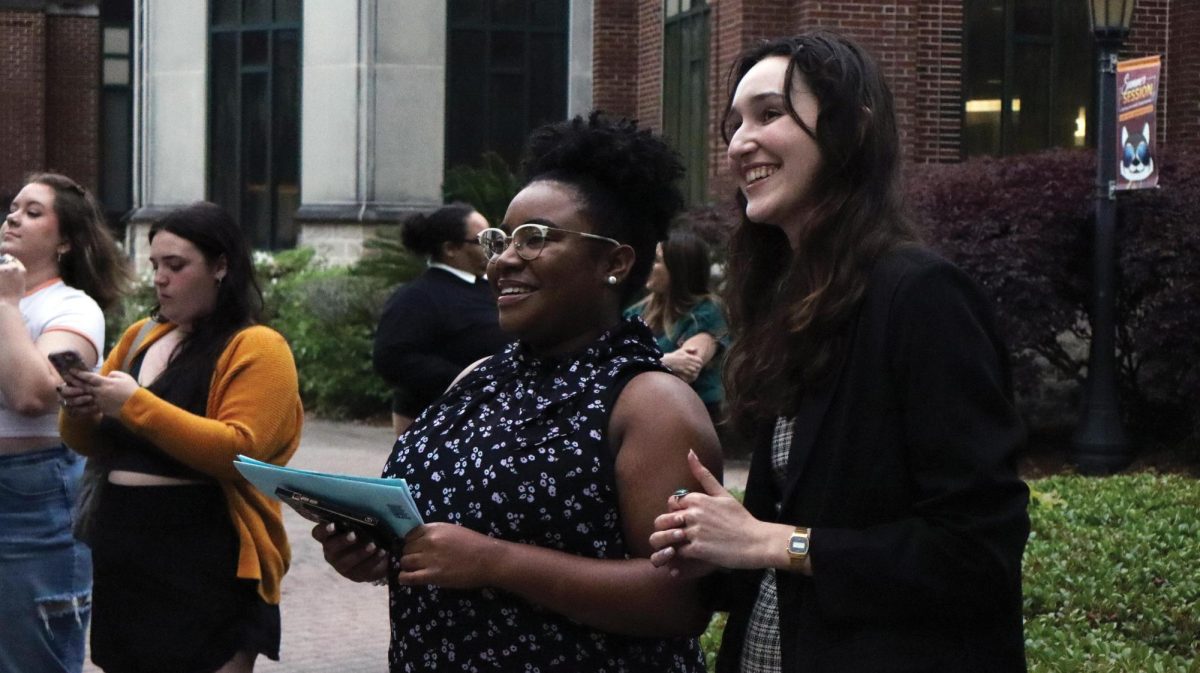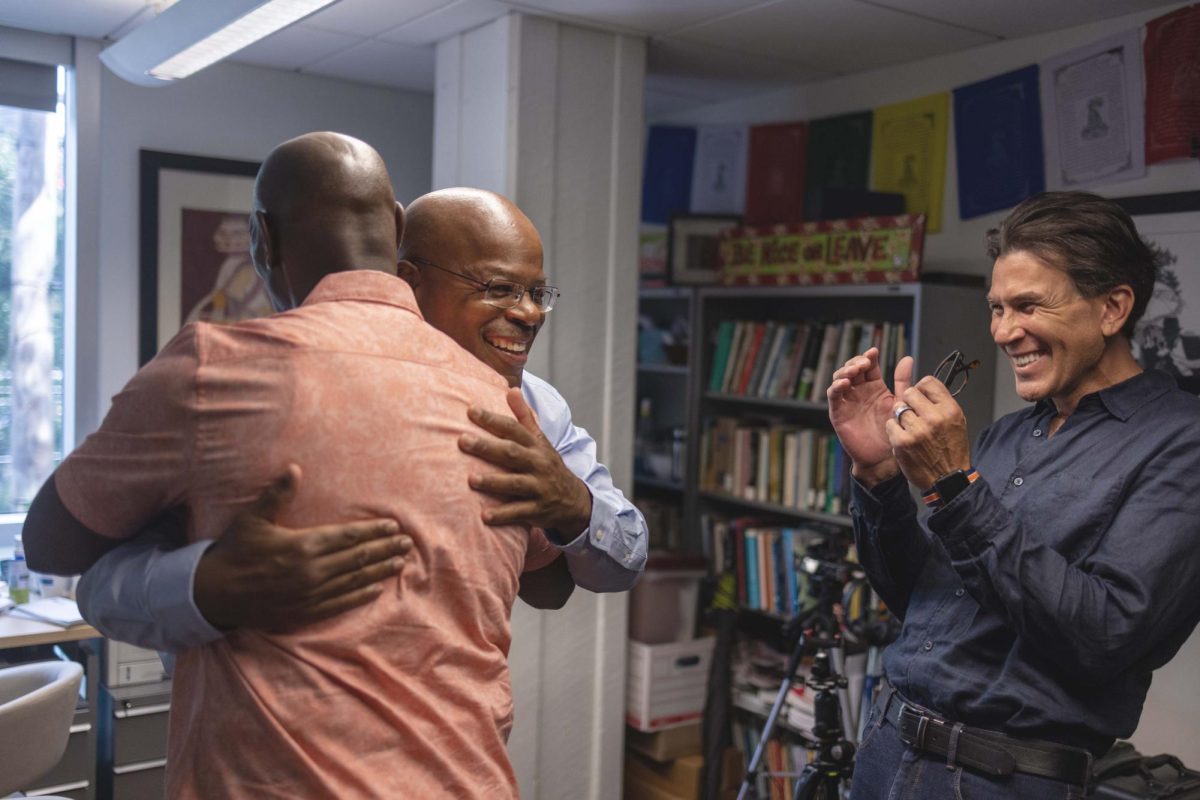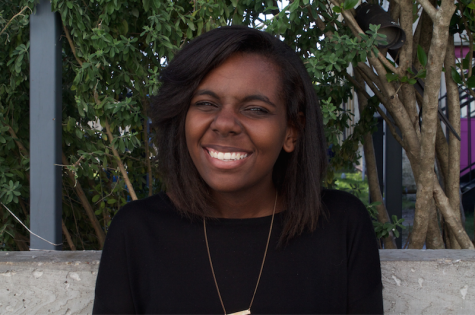Writer and chef Tunde Wey wants you to imagine if the price of your food depended on your income. That’s what inspired him to open a pop-up restaurant called Saartj, which sells box lunches for $12 to people of color and suggests that those identifying as white pay $30 for the same food.
Wey said the restaurant, which opened Feb. 6 and will close on Sunday, March 4, should serve as a social experiment.
The price difference between what white people and people of color pay comes from the income disparity between those groups in New Orleans. The median income for a black family is about $25,000, and the median income for a white family is about $64,000, which is two-and-a half-times more, according to Wey.
“My work is around food and social politics. I’m using food as this public intervention and as platform to discuss certain things that aren’t usually talked about,” Wey said.
He added that the difference between the regular price and the suggested price would be redistributed to the people of color who purchased food from the pop-up.
Wey said that the experiment is aiming to do two things: raise awareness of the culpability of individuals and begin a conversation about resource redistribution as a solution to wealth disparity.
“The power to ameliorate racial wealth disparity exists in the person and through the choices that we make,” he said.
Wey was able to start the restaurant with the help of the Loyola food studies program and Propeller, a nonprofit that helps entrepreneurs with projects dealing with social and environmental disparities.
Danny Mintz, director of the food studies program, said that he knew of Wey through his previous food-related social events. Wey consulted with Mintz on the pop-up project to get more ideas.
“One of the things that I think is so interesting about this project in particular is that it uses something that people do every day, which is getting lunch, as a way to raise conversations about issues that people spend a lot of their time avoiding,” Mintz said.
Students from both Loyola and Tulane volunteered and conducted interviews.
Tulane graduate student and Propellor intern Anjali Prasertong is working as the lead data researcher for Saartj. Prasertong and Wey worked together to create a survey and a questionnaire for participants.
Wey said the survey was used to collect information about demographics. The survey is followed by a 10-minute interview.
“For the interview questions, we just wanted to dig a little bit deeper into people’s decisions and also maybe kind of spark some thoughts in their own minds about how the racial wealth disparity helps them or harms them in their own lives,” Prasertong said.
According to Prasertong, 78 percent of white people chose to pay the $30, and 81 percent of people of color chose not to get money back.
Participant Jonie Bertin, who identifies as white, said that she chose to pay $30 for her meal, because of the money that would go back to people who need it.
“Hearing about that much disparity and that much price difference, it makes that $17 sound so insignificant,” she said. “It sounds like something right to do, like something fair.”
Mintz said that he was surprised by the large number of white people who chose to pay the higher price knowing that more than half of the money would go to someone else. He said that is why the restaurant was successful in conveying Wey’s message in an understandable way.
“It takes something that often we think as a potentially painful experience that is redistributing wealth, and it reframes it more clearly as a virtuous response to social inequity,” Mintz said.
Prasertong said that Saartj sheds a light on an issue that often goes unseen by most of the population.
“It highlights that when you’re in the margins, you can see what’s happening in the center. When you’re the one receiving the privilege, it’s invisible to you, so that’s why I think this pop-up is so important and interesting,” she said.
Propellor will gather the research from the survey and the interviews and announce its gatherings from the social experiment on March 15.
As for Wey, he said the numbers are not the most important part to him.
“I don’t have an agenda or an outcome that I’m hoping for. I think it’s valuable to collect the data and see at the end of the process what they results are and what sort of things that we can glean from the survey and the interviews,” Wey said.







